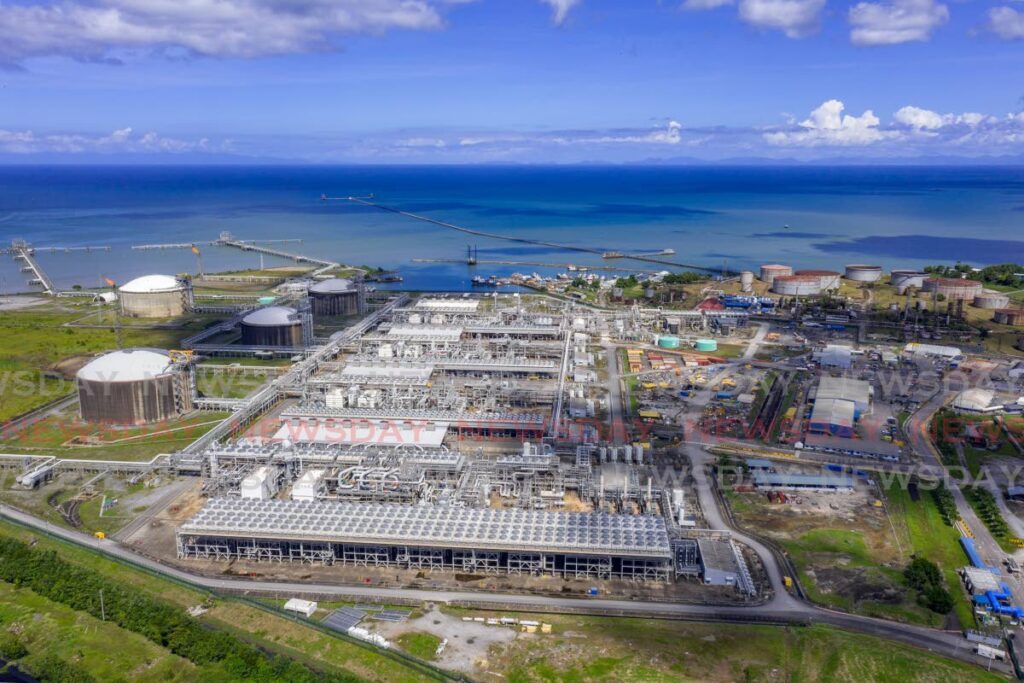Mixed views from energy experts on Atlantic LNG restructuring

UWI economist Dr Vaalmiki Arjoon and former energy minister Kevin Ramnarine expressed mixed views about the restructuring of Atlantic LNG (ALNG).
The Prime Minister announced the restructuring of ALNG at a post-Cabinet news conference at the Diplomatic Centre, St Ann's, on Thursday.
On January 25, 2022, Government and ALNG's shareholders signed a heads of agreement (HoA) to guide the company's restructuring.
A statement issued by the Energy Ministry then, said the agreement was executed by Government, BP, Shell Trinidad and Tobago Ltd and the National Gas Company (NGC).
Sources at that time said the objective of the HoA was to restructure ALNG so its shareholders would own certain percentages in the new entity as opposed to having ownership in its four trains.
On Thursday, Rowley reminded the media that, previously, Government only had shares of ten per cent and 11 per cent in trains one and four respectively.
Thanks to the vision of the Government, Rowley continued, TT now has a ten per cent share holding in trains two and three, through NGC. The Government's current shareholding arrangements for trains one and four remain in place.
Arjoon said, "This is surely a positive development for the state, as going forward, it allows us to capture a greater share of the LNG export revenues."
He added, "This is important especially given that production levels are distressingly low for the short term."
Arjoon said, "We are currently averaging around 2.6 bscf/d, which is around 1 bscf/d short of what we need to meet our local needs for Atlantic LNG, T&TEC, and the downstream plants."
ALNG, he continued, "gets approximately 1.2 bscf/d for processing, and currently, they are operating at best at 65% capacity owing to the natural gas shortfalls."
But Arjoon had one question.
"What did it cost us to acquire this shareholding, as it means that the other shareholders Shell and BP would have given up a stake in their ownership?"
Arjoon also said the restructuring meant "that we can secure a higher percentage of the revenues when gas from the Dragon field is processed and exported, and any potential future gas deals we make with Venezuela where we process their gas from other fields."
He cautioned that TT had to be mindful that global LNG prices in 2025/26 might possibly be lower than what they are now.
"It is expected that LNG supply in the global market would be high given production levels out of Qatar and the US, which could push down prices."
Arjoon said, "This re-emphasises why an additional stake in Atlantic LNG is important as it secures us a higher percentage of whatever energy export revenues are earned.
Ramnarine was not impressed by Rowley's statements.
"They could restructure until thy kingdom come. The bottom line is train one will never restart for a lack of gas and trains two, three and four are operating at around 65 per cent of capacity for lack of gas and that utilisation rate will fall further in 2024."
He said, "The LNG industry is a shadow of what it was."
Ramnarine removed himself from the group of people who Rowley claimed were happy to see train one shut down.
"I want to place on record that I was not overjoyed at the closure of train 1. On the contrary, I was saddened by it as I knew the amount of work that would be lost by our contractors and energy service providers."
He added, "This is something you don't hear about in the Hyatt ballroom."


Comments
"Mixed views from energy experts on Atlantic LNG restructuring"